Genre films about supernatural Nazi evildoings have been around since King of the Zombies (released during the Nazi regime of the 1940s, before the US even entered WWII), but they’ve exploded in number in the 21st century, headed by the likes of Hellboy, Dead Snow, Outpost, Frankenstein’s Army, Iron Sky, The Devil’s Rock, Blood Creek, Trench 11 and (sigh) BloodRayne: The Third Reich. The concept is so entrenched in pop culture, in fact, it’s reached the point of parody, as evidenced by FDR: American Badass and the fake trailer for Werewolf Women of the SS in Grindhouse.
It’s a bit surprising, then, that in the year 2018, a major studio like Paramount would devote a wide theatrical release to a film that treads such well-worn ground — especially considering the bulk of those movies had only fringe appeal. If it weren’t for Slender Man, Overlord would be a shoo-in for the Most Behind-the-Curve Horror Film of the Year.
As it so happens, both Slender Man and Overlord feature black talent (the former’s director, Sylvain White, and the latter’s star, Jovan Adepo) who are saddled with the burden of overcoming the staleness of the material, and thankfully, Overlord does it much more successfully than the dumpster fire that was Slender Man.
The plot begins like a typical war actioner, set on the eve of D-Day, as a team of American paratroopers drops behind enemy lines in occupied France with the task of taking out a key German radio tower positioned inside a small-town church. Of course, it turns out the Nazis are using the facility for more than communications; they’re conducting experiments that reanimate corpses into rabidly violent — and only marginally controllable — zombie soldiers.
So, yeah, it’s the same ol’ “super soldier” routine that has propelled so many Nazi genre films. I had hoped that Overlord would introduce something new to set it apart from the field, but the story ends up remarkably by the book. Overlord’s method of distinguishing itself lies more in its execution than in its content. To that end, the cast, led by Adepo and leading lady Mathilde Ollivier as an oppressed French local, do an excellent job of adding a sense of humanity to a largely inhuman tale. Director Julius Avery captures the action in harrowing fashion, particularly the opening plane ride and the explosive climactic sequence, which at least on the surface looks like an impressive single-take smorgasbord of mayhem.
From a horror perspective, though, there’s little that sticks with you. It’s enjoyable enough to watch, but it’s almost immediately forgotten after the credits roll. The thrills are modest — plagued by cheap jump scares — and while the special effects and creature designs are solid, they bring nothing new to the table.
The most striking element, it turns out, is the casting. Hiring a black actor for the lead role of Private Boyce — the film’s moral center — is admirable not only because black heroes are so rare in non-black horror, but also because producer J.J. Abrams and company had to consciously eschew historical accuracy in order to do so. Since the U.S. military didn’t integrate until after WWII, there would’ve been no racially mixed squadrons like in Overlord (In addition to Boyce, there’s another soldier, played by Game of Thrones’ Jacob Anderson, and the entire group is led by a sergeant played by Bokeem Woodbine.), but as Abrams has stated, “Although there might not have been black soldiers mixed into a unit like this in real life, there weren’t any monsters lurking under churches either.”
This is a point that detractors should take to heart. Historical accuracy matters more in something that strives for realism, like Schindler’s List. If the presence of a black person in the midst of a mad scientist scheme for Nazi zombie world domination is the thing that causes your suspension of disbelief to go off the rails, maybe you should re-examine your racial insularity.
The sake of diversity is well worth the risk of rankling the sensibilities of certain cinephile Nazis — the type of people who would similarly balk at black elves in The Lord of the Rings or black Stormtroopers in Star Wars. How often do you see a black lead in a major-studio wide horror release that doesn’t come from a black filmmaker (a la Get Out) or that doesn’t feature a mostly black cast — and especially someone who’s not an established mainstream star, like Will Smith or Halle Berry? The answer is VERY rarely.
In this sociopolitical climate — in which highly publicized incidents of racial profiling, discrimination and violence remind us daily of the prejudice ingrained within American culture — it’s important to see a black character in a heroic role. It’s important to normalize this visual. And while race isn’t overtly mentioned in Overlord, it shouldn’t be taken lightly that, in this era of heightened racist rhetoric, the hero in this battle against Nazi supremacy is a black man. He’s Jesse Owens with a gun.
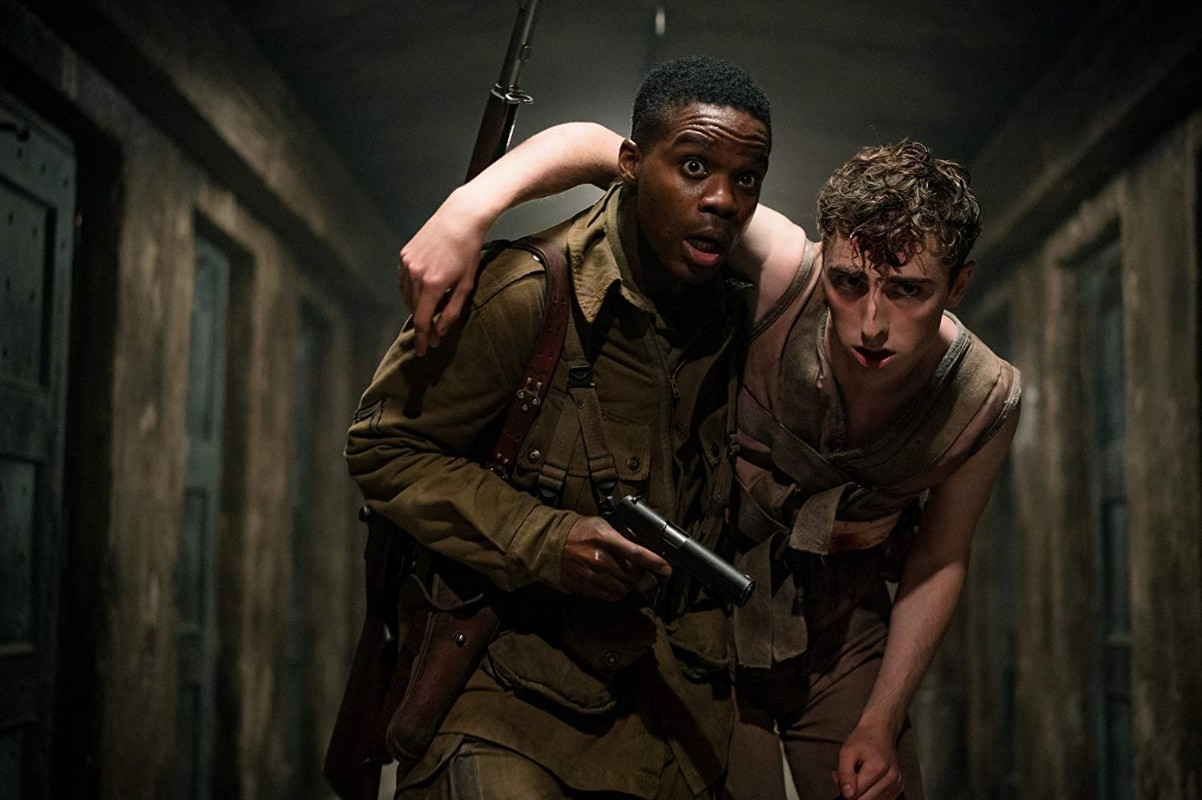
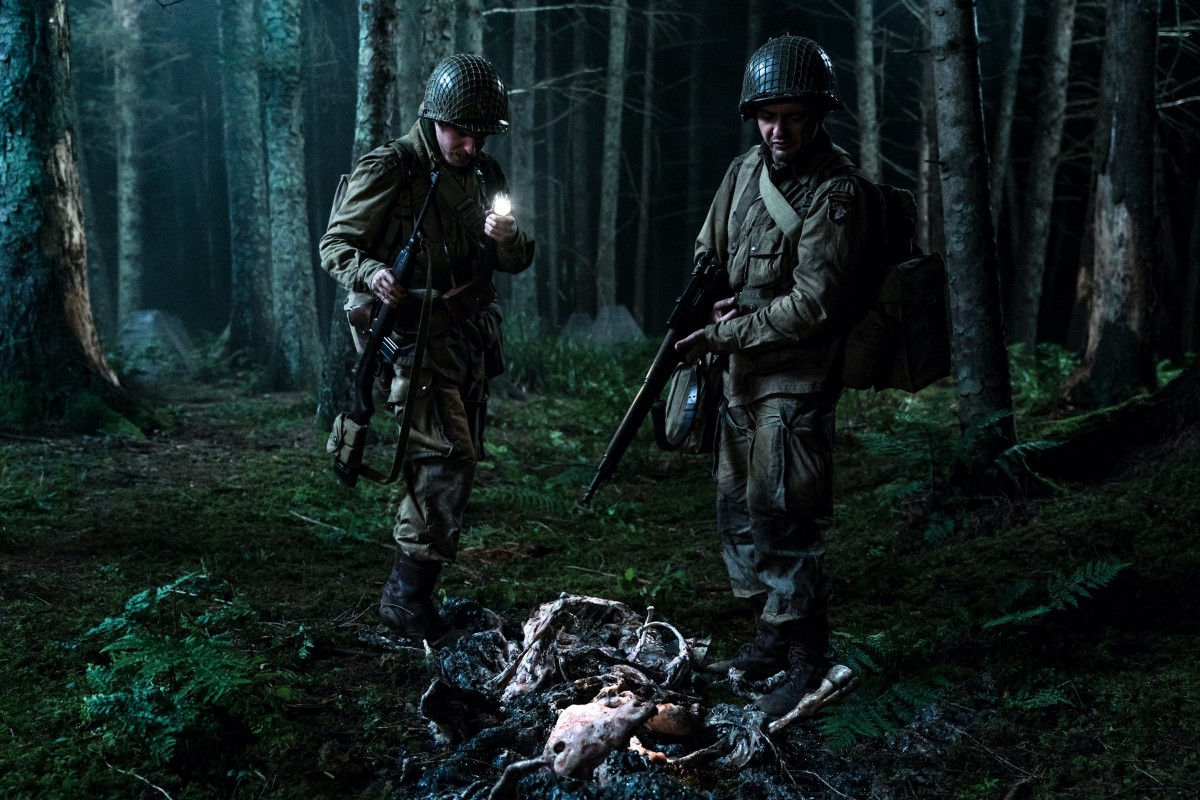
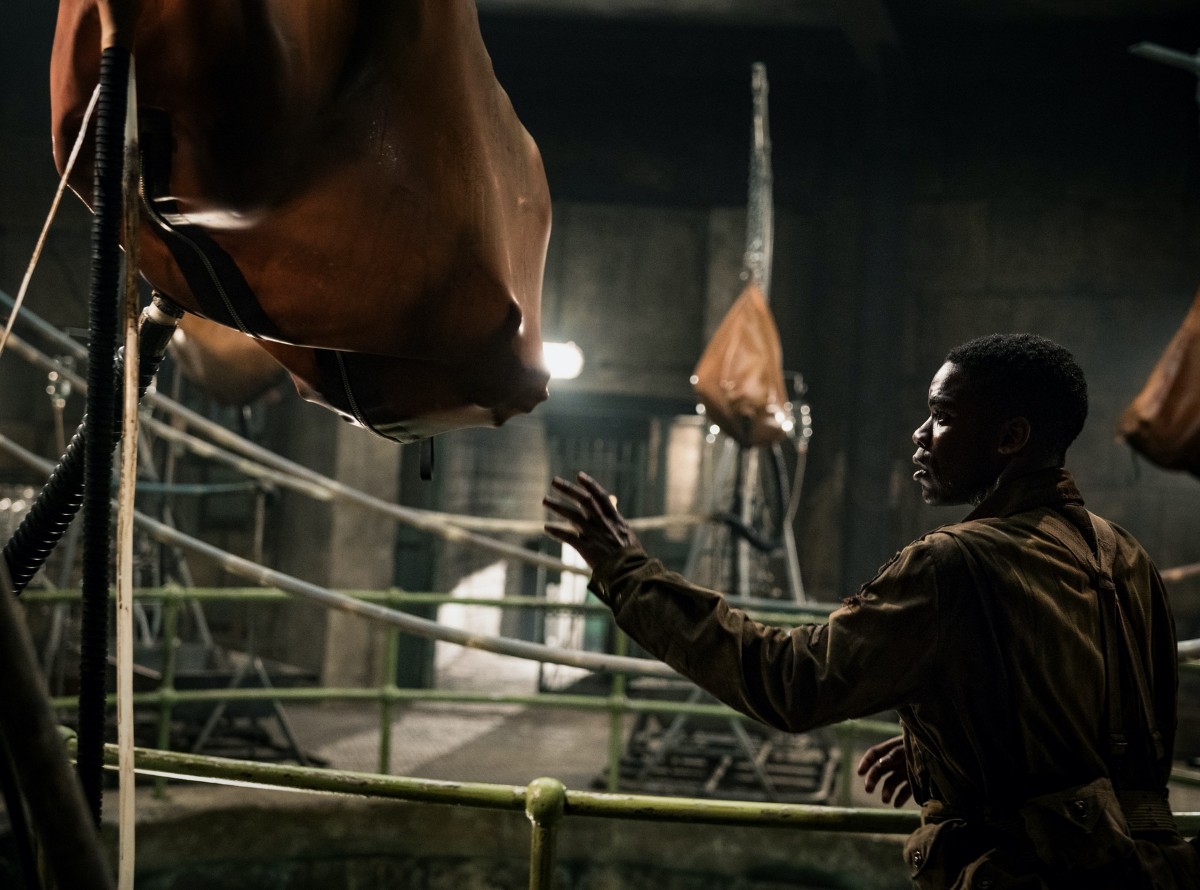
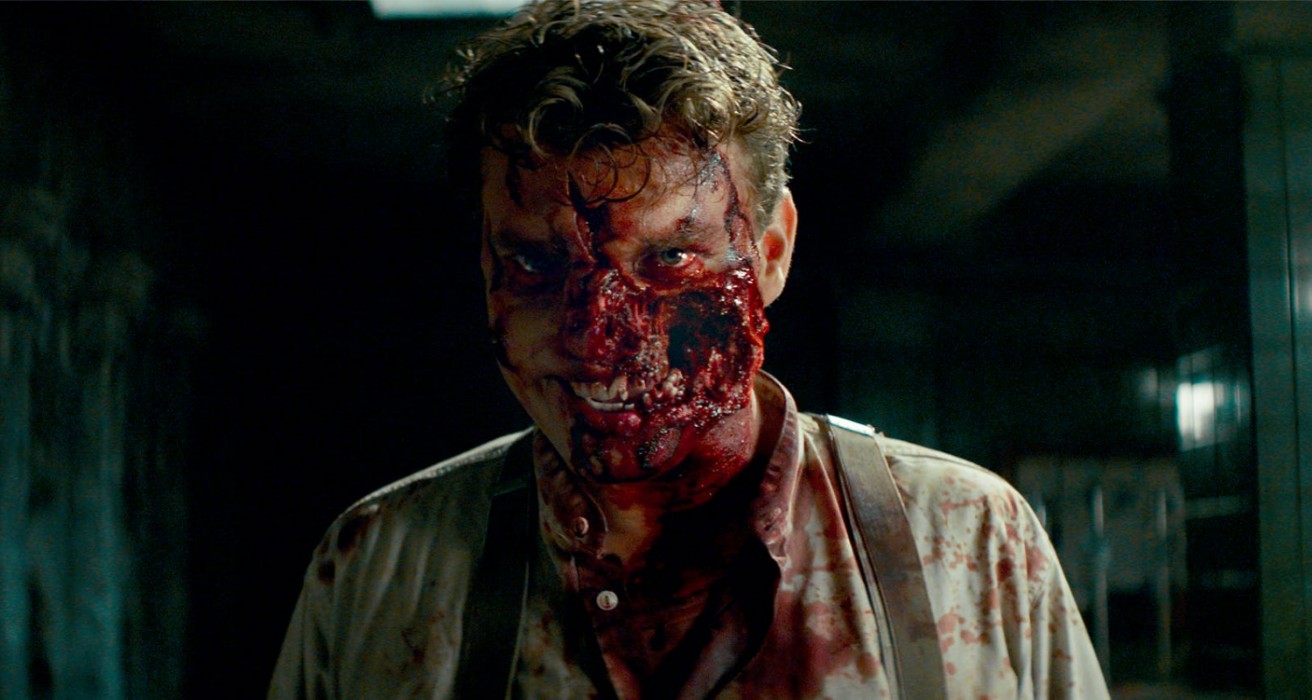
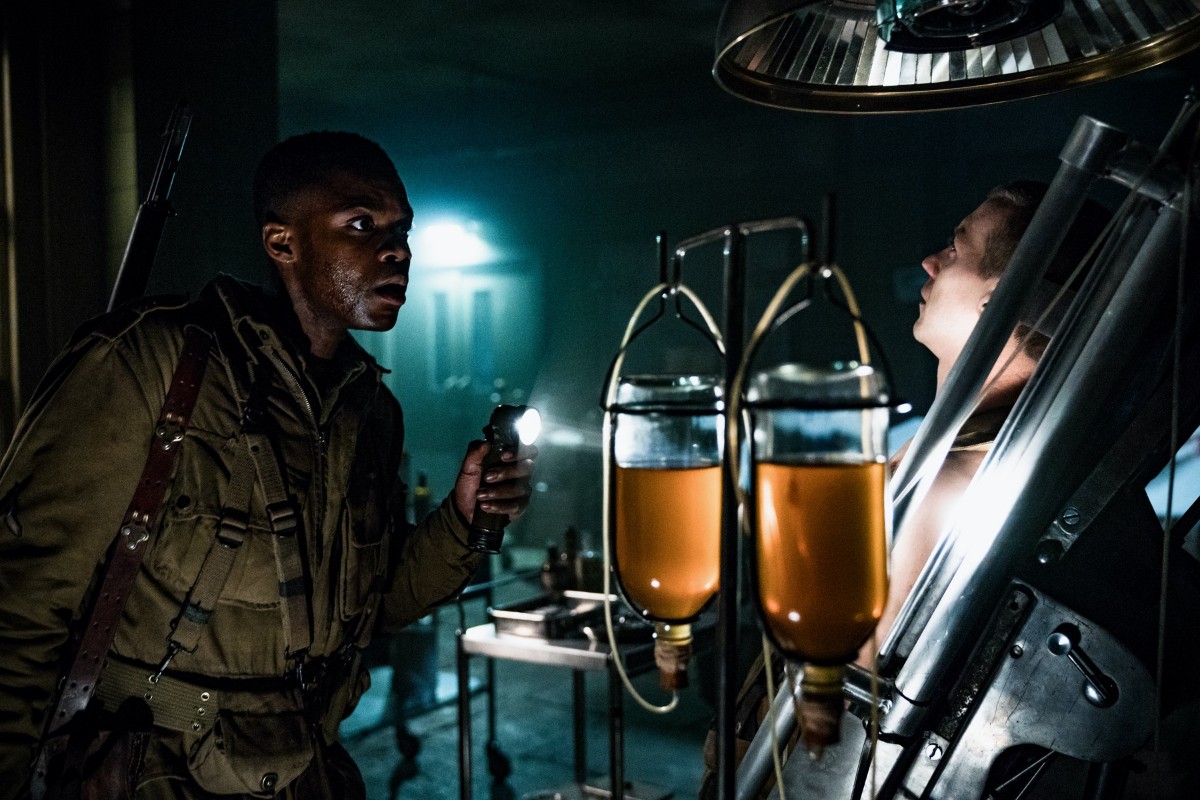
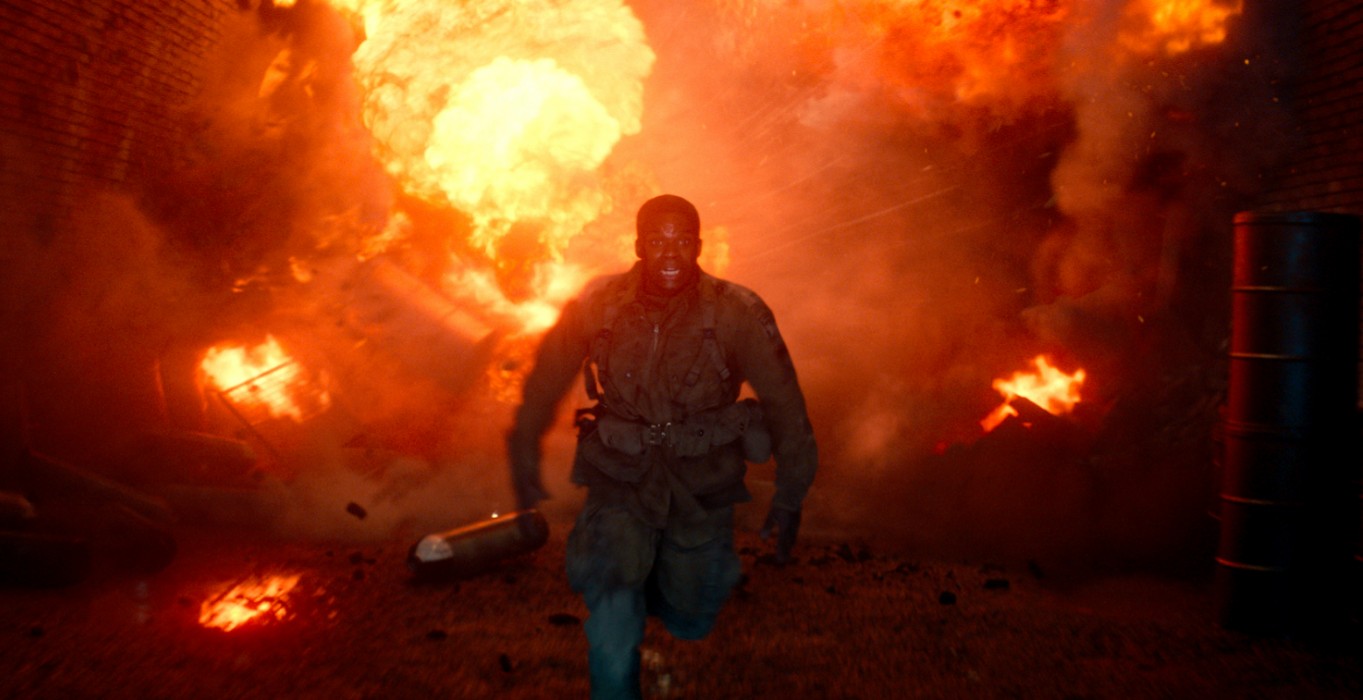






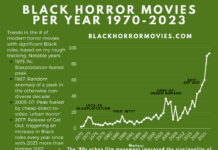

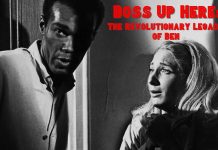







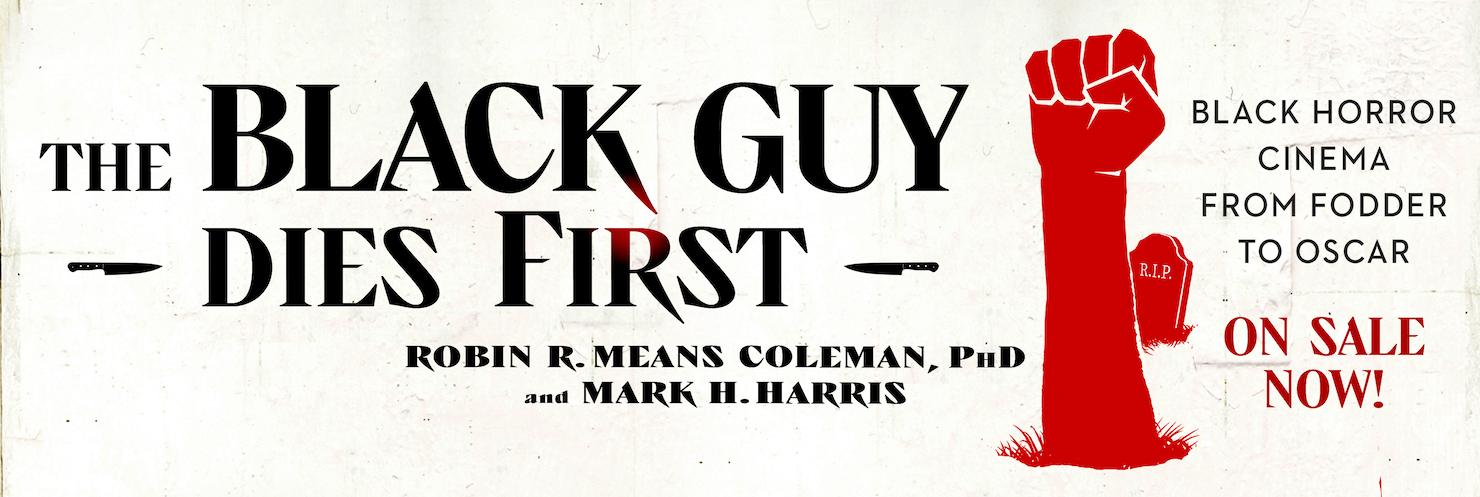
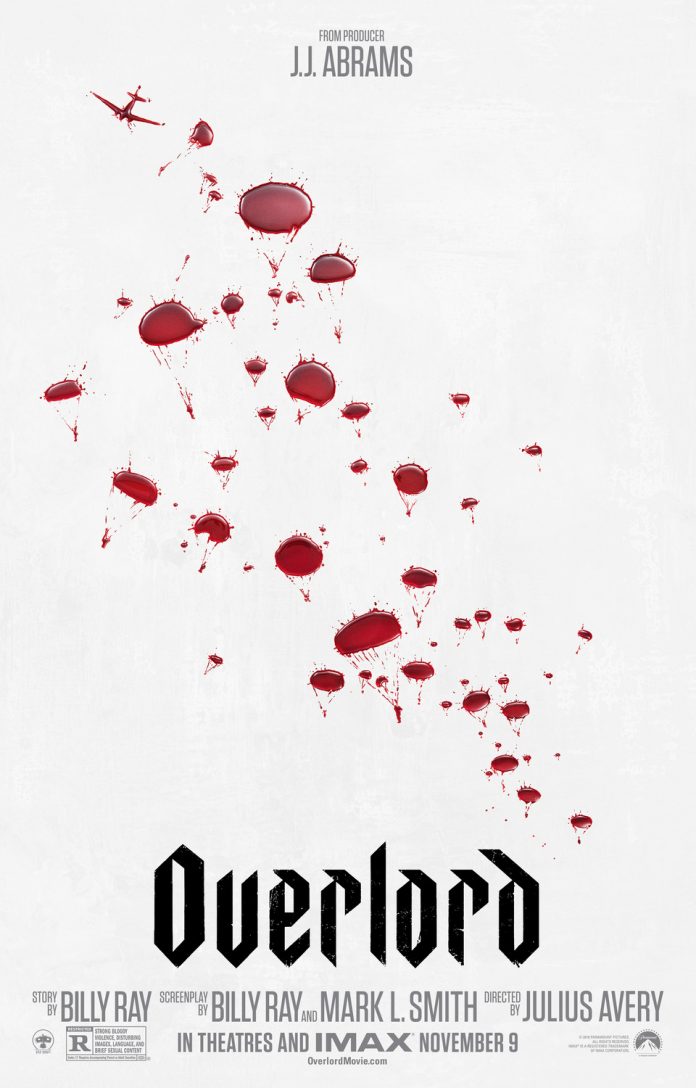

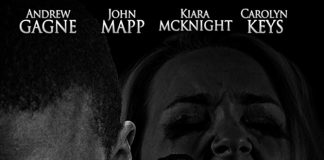
Love that quote about monsters under the churches! A great way to provide perspective.